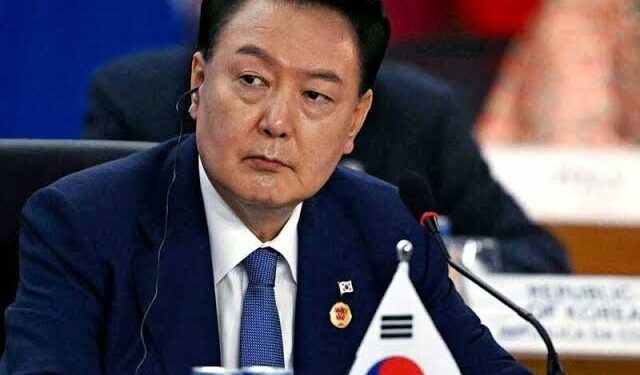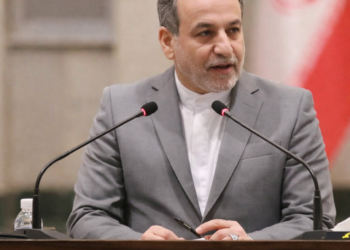South Korea’s parliament has voted to impeach President Yoon Suk Yeol after his controversial attempt to impose martial law. The decision came after massive protests rocked the nation, with 204 MPs, including some from Yoon’s own party, supporting the motion.
The streets of Seoul erupted in celebration as thousands of anti-Yoon protesters cheered the news. Fireworks lit up the sky, and people sang and danced, expressing their joy and relief.
President Yoon’s martial law move, which lasted only six hours, was seen as a desperate attempt to cling to power. The parliament swiftly overturned the decree, and Yoon now faces a suspension while the Constitutional Court decides his fate. If the court upholds the impeachment, a new presidential election will be held within 60 days.

In a statement, Yoon acknowledged the criticism and vowed to continue serving the country until the end.
Meanwhile, his supporters, though fewer in number, expressed their disappointment and anger at the outcome.
The impeachment has sparked a wave of emotions across the country, with many hoping for a brighter future without Yoon at the helm.
What This Means
President Yoon Suk Yeol’s impeachment means that he has been removed from his position as President because many people, including lawmakers, believe he made a foul move by trying to impose martial law. This has led to a lot of protests and unrest in South Korea.
From the citizens POV, however, this means a period of uncertainty. As it stands, they are actively participating in protests and discussions about the future of their country.
The short term goal for South Korea will need be to find a new leader and remedy the political situation. The long term goal, however, is that laws will likely be enacted to prevent such issues from occurring again and to strengthen the citizen’s belief in democracy.

















